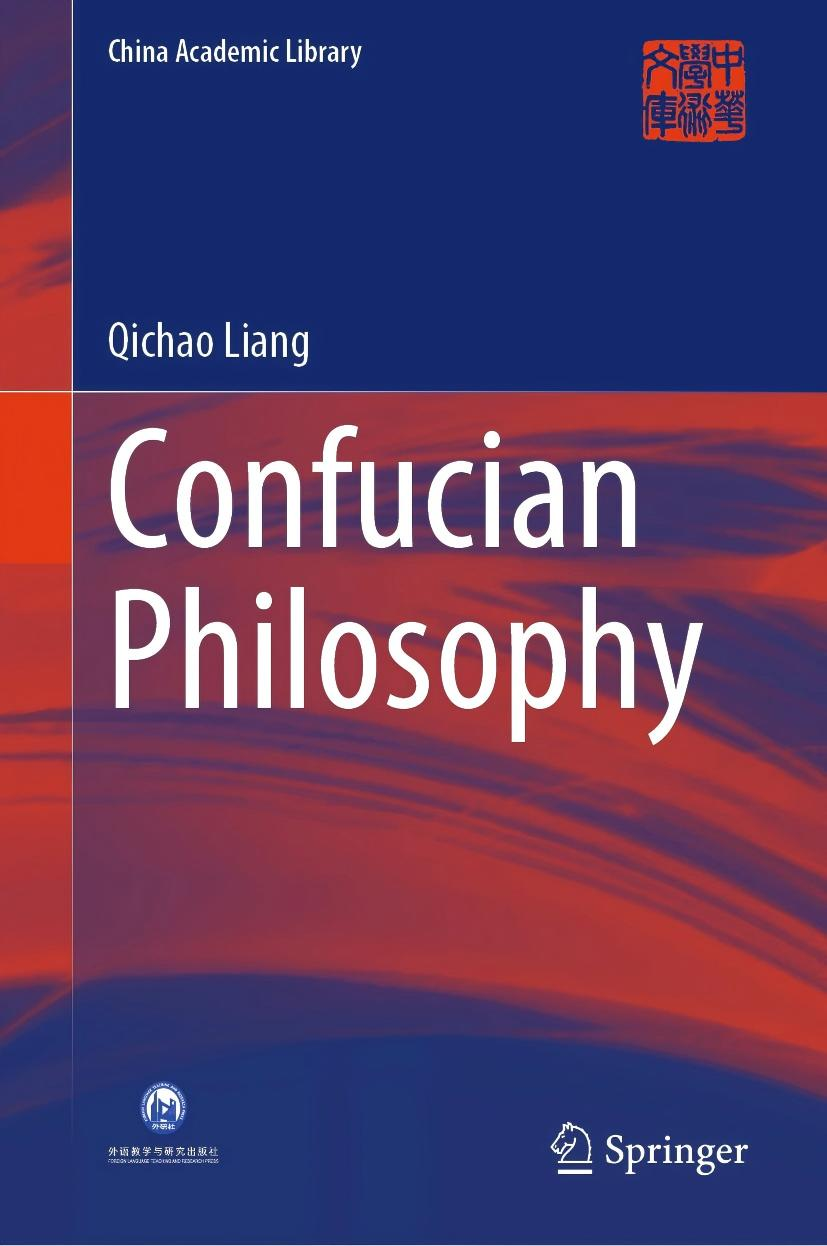The English edition of Confucian Philosophy by Liang Qichao (1873-1929), jointly published by Springer Nature and Foreign Language Teaching and Research Press (FLTRP), presents to global readers this groundbreaking reinterpretation of Confucian thought. The work captures Liang’s distinctive vision developed during his Tsinghua University lectures in the 1920s, later compiled by his disciple Zhou Chuanru, offering a profound synthesis of Eastern and Western philosophical traditions.
At the heart of this seminal work lies Liang’s systematic examination of Confucian philosophy through five fundamental dimensions: its essential nature, enduring intellectual value, methodological approaches, historical evolution spanning two millennia, and critical questions for contemporary research. Liang’s innovative interpretation positions Confucianism as a “practice-oriented” philosophy, emphasizing the cardinal principle of zhi xing he yi (the unity of knowledge and action) and articulating the integrated Dao-Shu system that harmonizes moral principles with practical governance. His analysis brings into sharp relief the distinctive characteristics that differentiate Confucian thought from Western speculative traditions.
This first English translation, meticulously rendered by Professor Wang Jin’an of Jiangnan University, represents a significant contribution to global philosophical discourse. As the latest addition to the “China Academic Library” series—a collaborative initiative between Springer and FLTRP since 2012 that has introduced over fifty Chinese scholarly classics to international readership—the publication not only provides essential primary material for comparative philosophy studies but also opens new avenues for understanding traditional wisdom’s modern applications. The work stands as a testament to Liang Qichao’s enduring legacy as one of modern China’s most influential thinkers and offers fresh perspectives on Confucianism’s relevance in today’s globalized world.











